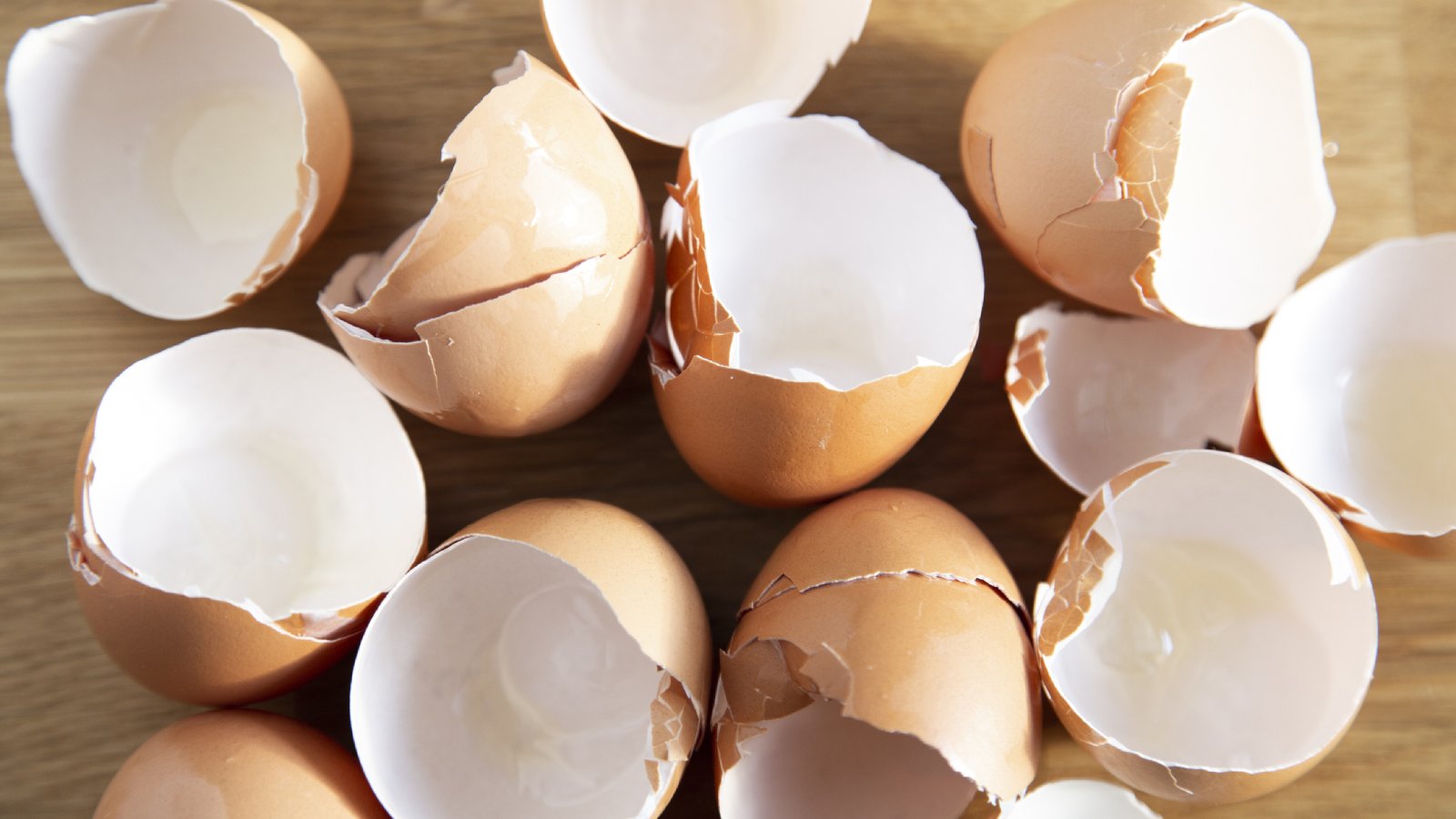What To Do With Eggshells Before Composting Them


Sign up for the Gardening Know How newsletter today and receive a free copy of our e-book "How to Grow Delicious Tomatoes".
You are now subscribed
Your newsletter sign-up was successful
One of the most important things to know about making your own compost is what you can and cannot put in it. For example, meat and dairy shouldn’t go in because they get very stinky and attract pests. What about eggshells, though? When composting eggshells, salmonella might concern a conscientious gardener, but it’s really nothing to worry about.
Why Add Eggshells to Compost?
You can add eggshells to your compost pile as part of your regular kitchen waste. And you should, because doing so reduces waste to the landfill and because they add nutrients to your soil. Eggshells are particularly rich in calcium, a micronutrient for your plants.
Do You Need to Wash Eggshells Before Composting?
When putting eggshells in compost, salmonella might be a worry, but it shouldn’t be. It’s true that we need to take care when handling eggs in the kitchen due to the risk of salmonella on the shell. Chickens often host a type of salmonella that can transfer to the shell of the egg and make you sick.
To avoid contamination with salmonella, it’s important to wash your hands after handling raw eggs. We’re also advised to avoid eating foods with raw eggs, like cookie dough. These kinds of rules may lead you to believe you should also wash raw eggshells before adding them to compost.
Washing eggshells before composting is not necessary to eliminate salmonella. Compost piles get very hot in the center, around 140 to 160 degrees Fahrenheit (60 to 71 degrees Celsius), which is enough to kill most pathogens. Even if salmonella survives the composting process, the amount present in the finished product is likely to be very low, similar to what is naturally in the soil anyway.
One reason you might consider washing shells with raw egg or bits of cooked hardboiled egg left in them is to avoid pests. Animals like skunks or raccoons are uninterested in the shells, but if they can smell egg, they might be drawn to the compost.
Can You Put Cooked Eggshells in Compost?
If you have already cooked the eggs, go ahead and put the shells in the compost pile. Again, if you hardboiled eggs and some of the egg remains in the shell, it might attract pests. This is unlikely, though, as it is probably a very small amount.
Sign up for the Gardening Know How newsletter today and receive a free copy of our e-book "How to Grow Delicious Tomatoes".
How to Prepare Eggshells for Composting
You can put raw or cooked eggshells in compost, either washed or not, depending on how concerned you are about pests in your compost. You can put them in as is, but you will find that eggshells take a lot longer to break down in compost than other materials.
If you don’t do anything to prepare them for composting, you will have visible pieces of eggshell in the finished product. This is fine, but if you don’t like the look or if you want to get more calcium out of the shells, they need to be in smaller pieces before going into the compost pile.
You can dry out the eggshells by leaving them out for a few days or by baking them in the oven at a low temperature. Dry shells are easier to crush into smaller pieces. Crush them by hand or use a spice grinder or food processor. The smaller you can get the eggshell pieces, the more calcium you will get out of them.
Eggshells are great for compost if you do it right. Don’t add the actual egg, and grind up the shells as much as possible. And, while you’re at it, add paper egg cartons to the compost pile. They'll decompose quickly.

Mary Ellen Ellis has been gardening for over 20 years. With degrees in Chemistry and Biology, Mary Ellen's specialties are flowers, native plants, and herbs.